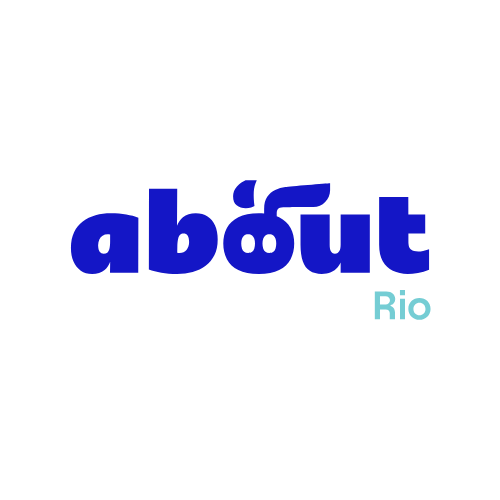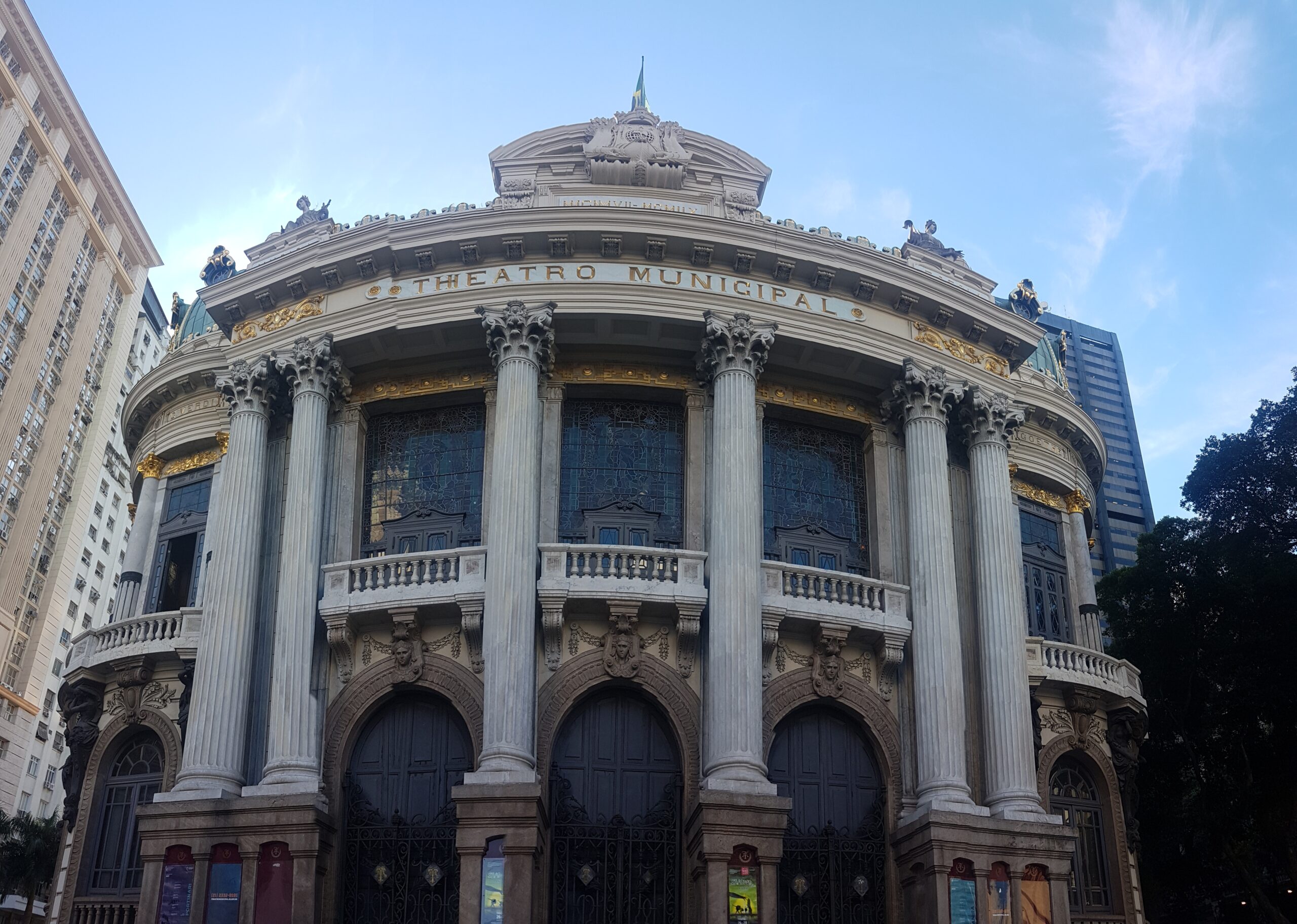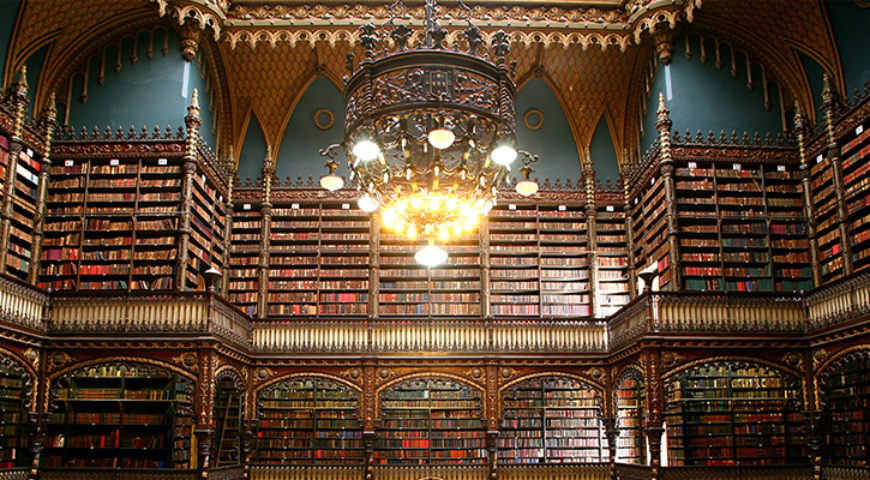Downtown Rio de Janeiro
Here you can understand more about the history of the city and where it all began. Crowded during the week and empty at night, except for traditional parties and bars at some points.
Downtown of the city has a lot to offer, here you can find good cafes, secret places, old and new museums, cathedrals, all kinds of restaurants, good bars and the most traditional samba.
Confeitaria Colombo

If you are one of those who likes to imagine what it was like to live in a place more than a hundred years ago, you should visit Confeitaria Colombo. Memorable experience! Large mirrors glow in their large halls and beautiful dome in the middle of the city race. This place is the main symbol of the “belle époque” of the city since 1893.
You can come for a meal on the second floor which is not cheap and the food is ok but the experience is almost mandatory to live piano sound with Brazilian music. Or just grab a coffee and one of the refined treats and enjoy the place.
Real Gabinete Português de Leitura

After you recover from your high sugar, go to the Royal Portuguese Reading Office. This was the first library in Brazil. Opened in 1887, the library houses the largest collection of Lusitanian literary works outside Portugal, with 350,000 books.
It is a quick ride, but it is worth approaching this royal architectural charm in neomanueline style, especially for those who enjoy old libraries and places that breathe literature. The front of the building features sculptures of historical figures.
Inside, the iron structure is divided into three levels of wooden shelves. A bright skylight guarantees the entrance of natural light. Admission is free and is closed on weekends.
Arco do Teles

For lunch, we recommend Arco do Teles, a colonial portal from the 18th century. Coming from the Praça Quinze open to narrow Travessa do Comércio. The story is so extensive here that even the witches are involved! This was an area of high society in Rio de Janeiro.
Today is an area for parties, samba and always popular bars. Especially on Saturday afternoons for those who want to try Brazilian food at lunch with samba live. Bars and restaurants are usually closed on Sundays.
Curto Café

You can imagine entering a coffee shop, ordering a coffee, drinking, and when you ask for the check, you get a note saying, “We do not have a price, pay as much as you want.”? And if you prefer, you can pay another day. Short Coffee has a chart where they write down the costs of what they need monthly to sustain the business and leave the rest to the customer. Does it look crazy? Do not miss to visit. It is a very simple place, but with an innovative idea. We recommend to recover the energy.
Now they also offer drinks options with coffee, but those are fixed price, like Irish Coffee (Whiskys, coffee and fresh sour cream) at R$ 18
Olympic Pira and the Candelária Church

After recovering enough energy, go to the Olympic Pirate and the Candelaria Church. The Olympic Games are gone, but the Olympic Pira is still here! Okay, it’s not the same without the blazing flame, but it remains as a monument to mark the Olympic passage through the city. Located opposite the Church of the Candelaria, it offers a unique opportunity for all the public to be close to this icon of the games. The Candelária Church is one of the most famous and beautiful churches in Brazil.
Museu do Amanhã (Museum of tomorrow)

We have walked quite a bit through the old part of the city. Let’s now go to the new icon of the Port Region, the Museum of Tomorrow.
It is the focal point of the new Mauá Square, which for decades was hidden behind the perimeter viaduct, demolished in 2014.
The museum explores the possibilities of building the future. As a monument already worth the visit. A perfect place to watch the sunset and hike. But if you have time to visit the interior, do it! It’s an amazing museum, interactive and very interesting, it makes us reflect on everything. Ah! Be sure to buy tickets online, and it’s free on Tuesday.
From the museum it is worth walking on the new Olympic Boulevard, with colorful murals on several walls.
Pedra do Sal
And from here we recommend Pedra do Sal, where the samba was born. On this rock, the slaves unloaded the salt that came in ships anchored in the bay. Until the early 20th century, this place was by the sea, so the landfills were made to build the Port. Here the samba was born.
At night, there are always samba and beer bars. Relaxing, with lots of history and friendly weather. The most traditional day to get here is on Monday.





